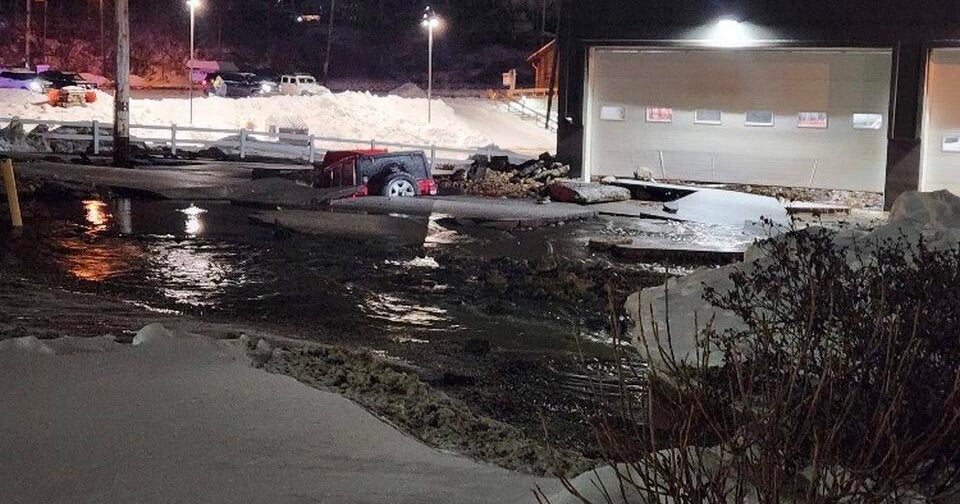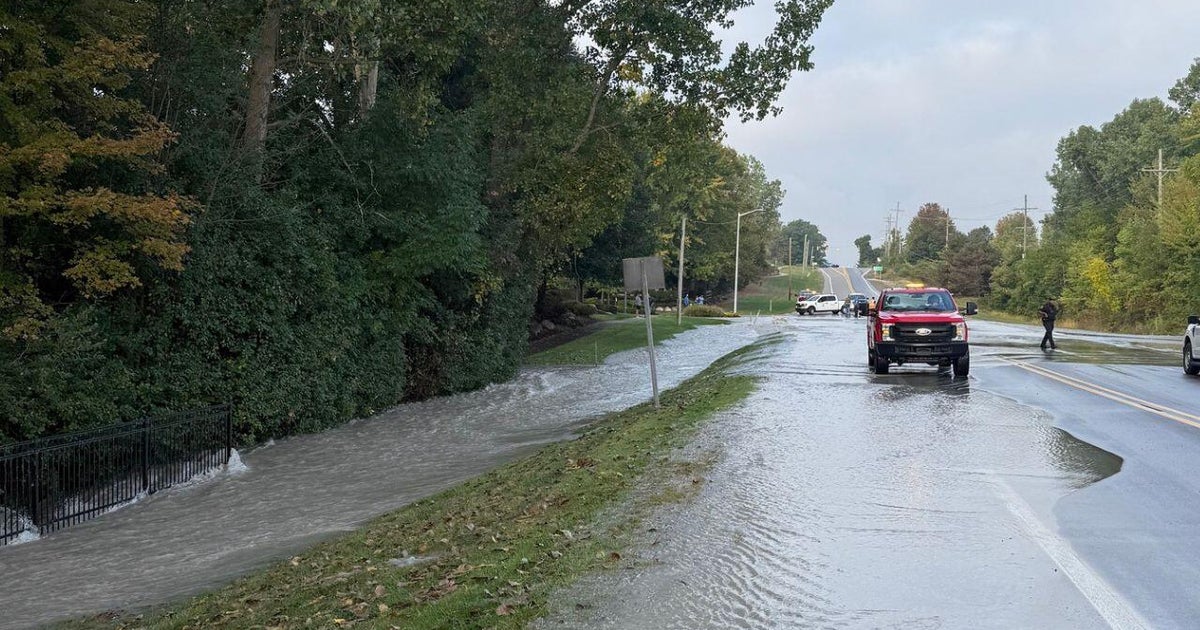Suffolk County water quality on the ballot as voters consider Proposition 2
PATCHOGUE, N.Y. - Bays, ponds and estuaries on Long Island are losing oxygen.
According to a new report, 36 different bodies of water have been deemed dead zones, and 25 marine waterways have harmful algal blooms.
In Patchogue, concerned homeowners joined ecologists to see the newest maps.
"Everything we can do to protect the water system here is essential," homeowner Patricia Nicholson said.
"Humanity really has to have a consciousness, a raised consciousness about our waterways," homeowner Denise Michele said.
A year ago, professor Christopher Gobler's findings exposed 30 so-called dead zones in bays, ponds and estuaries, triggered by excessive nitrogen and made worse by record-high temperatures. This year, that number has grown to 36.
"Absent change, we should expect this will continue year after year, and get worse with climate change," Gobler said.
Nitrogen pollution causes harmful algal blooms, which triggers fish die-offs, makes shellfish harmful to eat, and can be toxic to pets.
"The largest source of nitrogen from land to sea are on-site septic systems," Gobler explained.
"As bad as the news is, there is good news. And the good news is, we have a plan for change," Adrienne Esposito of the Citizens Campaign for the Environment said.
Suffolk County residents will vote on Proposition 2
On Nov. 5, Suffolk County residents will vote on Proposition 2.
"It's an extremely important referendum," Patchogue Village Mayor Paul Pontieri, Jr. said.
Pontieri said passing Prop 2 is one thing many Democrats and Republicans agree on.
"A one-eighth of a cent sales tax increase is 12 cents on every $100 you spend. That is a small price to pay," Suffolk County Legislature presiding officer Kevin McCaffrey said.
That funding will go to rid homeowners of their cesspools and getting funding to convert, like the Kierstead family did. They now have a tank with a pump that's connected directly to the sewer system in the street.








